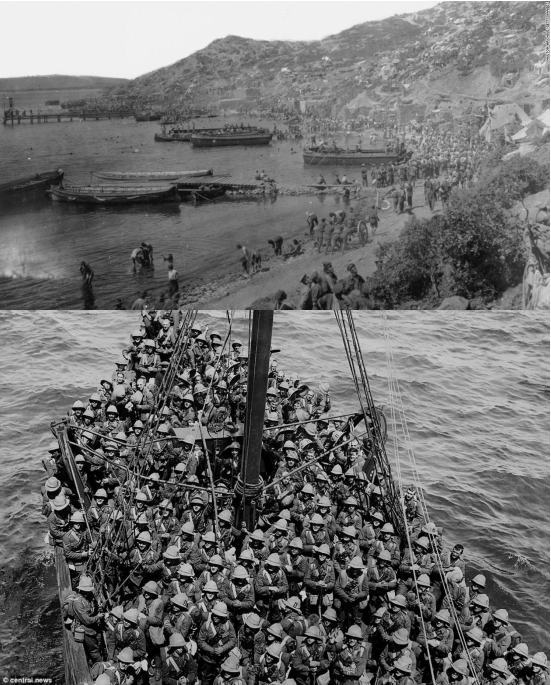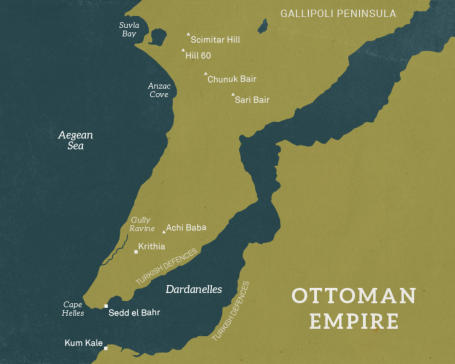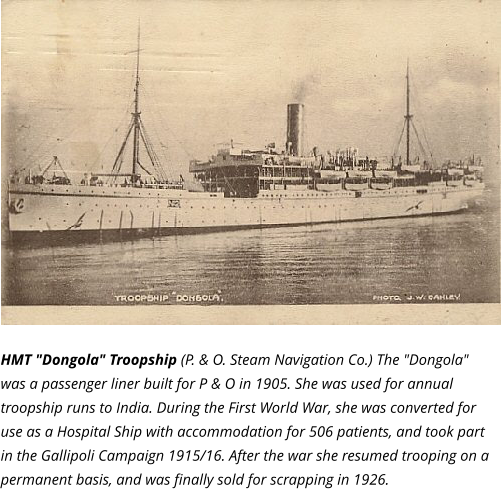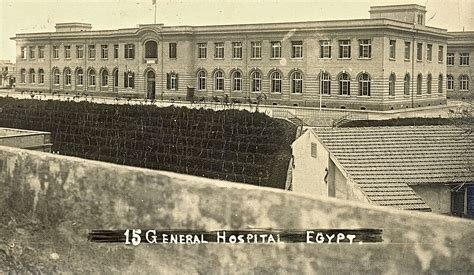After enlisting Charles Harlington spent 293 days on home soil (9 Nov 1914 to 28 Aug 1915) before spending 307 days (29 Aug 1915 to 1 Jul 1916) as
part of the Mediterranean Expeditionary Force.
The Mediterranean Expeditionary Force (MEF) was part of the
British Army during World War I, that commanded all Allied forces at
Gallipoli and Salonika.
The Gallipoli campaign, also known as the Dardanelles campaign, took
place on the Gallipoli peninsula from 17 February 1915 to 9 January
1916. The Entente powers, Britain, France and Russia, sought to
weaken the Ottoman Empire, one of the Central Powers, by taking
control of the straits that provided a supply route to the Russian
Empire. The Allied attack on Ottoman forts at the entrance of the
Dardanelles in February 1915 failed and was followed by an
amphibious landing on the Gallipoli peninsula in April 1915 to capture
the Ottoman capital of Constantinople (Istanbul).
In January 1916, after eight months' fighting, with approximately 250,000 casualties on each side, the land campaign was abandoned and the invasion force
withdrawn. It was a costly defeat for the Entente powers and for the sponsors, especially First Lord of the Admiralty (1911–1915), Winston Churchill.
On 14 Dec 1915 Charles Harlington was admitted to the Hospital Ship 'Dongola' and on 30 Dec 1915 to the 15th General Hospital, Alexandria. He was
discharged for duty from C Depot Mustapha on 16 Jan 1916.





Egyptian Gazette, Saturday, April 3, 1915: "The Abbasia School, in the
Moharrem Bey course of Alexandria, which is the finest and most up-to-
date educational establishment in Egypt, is now converted into a fully
equipped military hospital and all is ready for the reception of the
wounded. There are nearly 800 beds ready for patients. The entire
establishment is under the care of the Royal Army Medical Corps."







